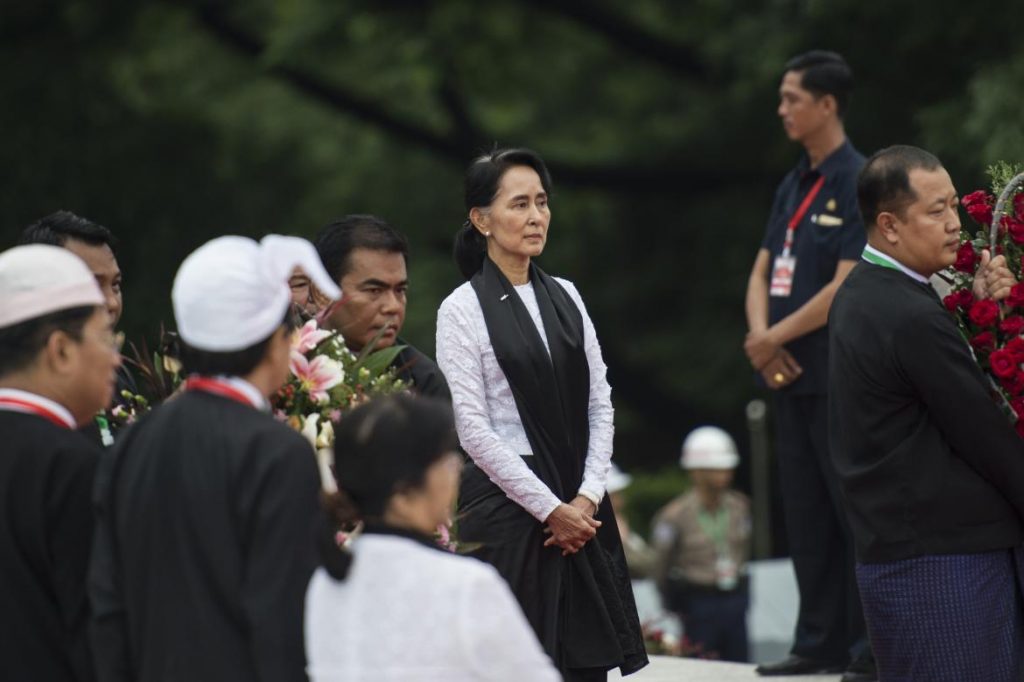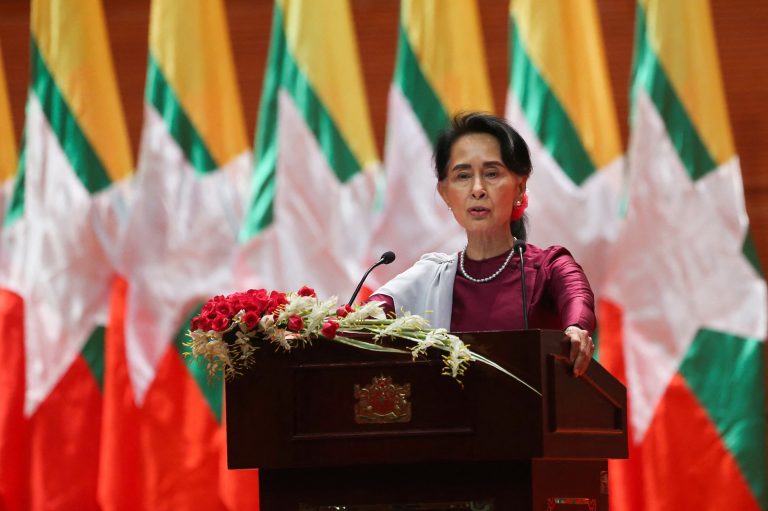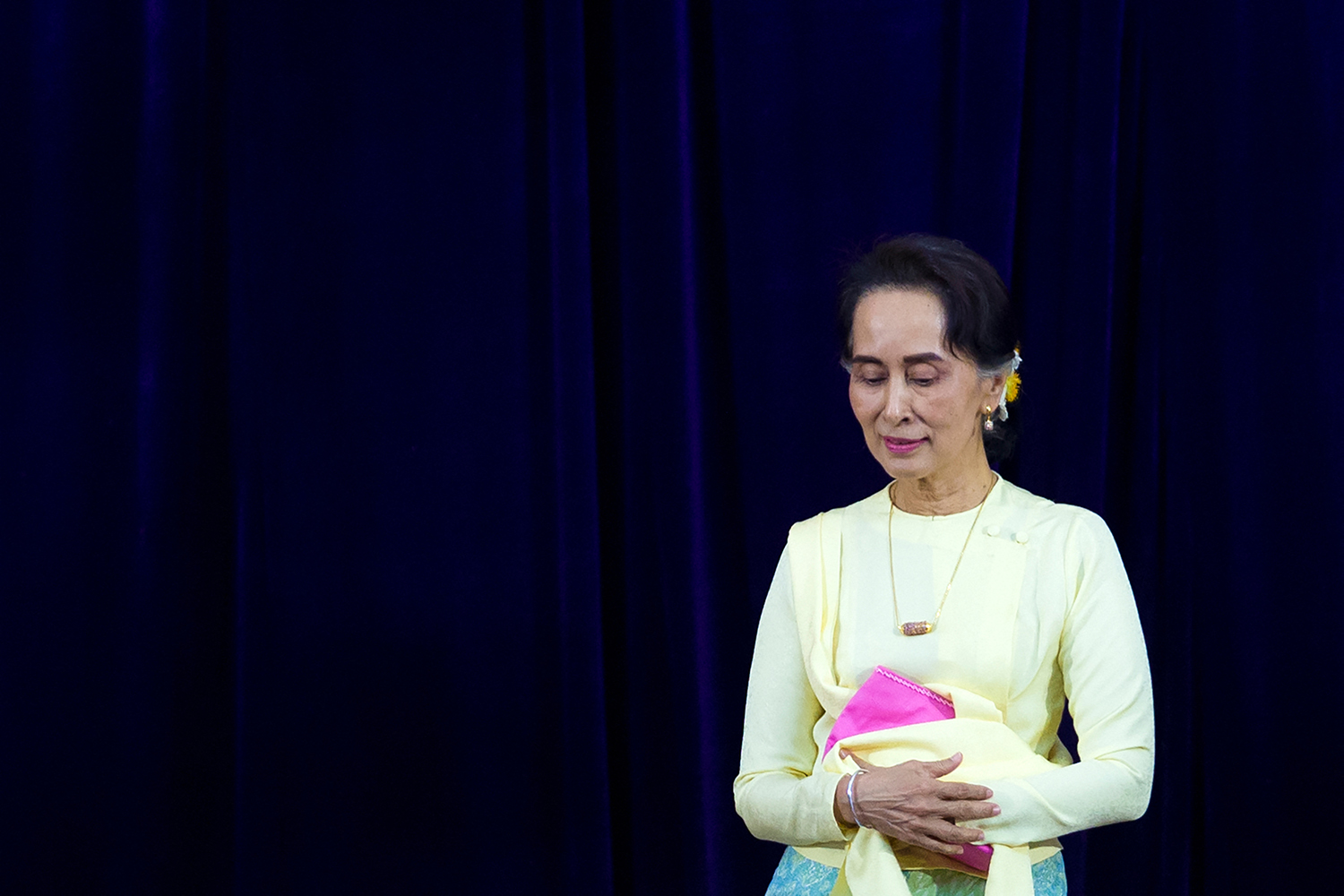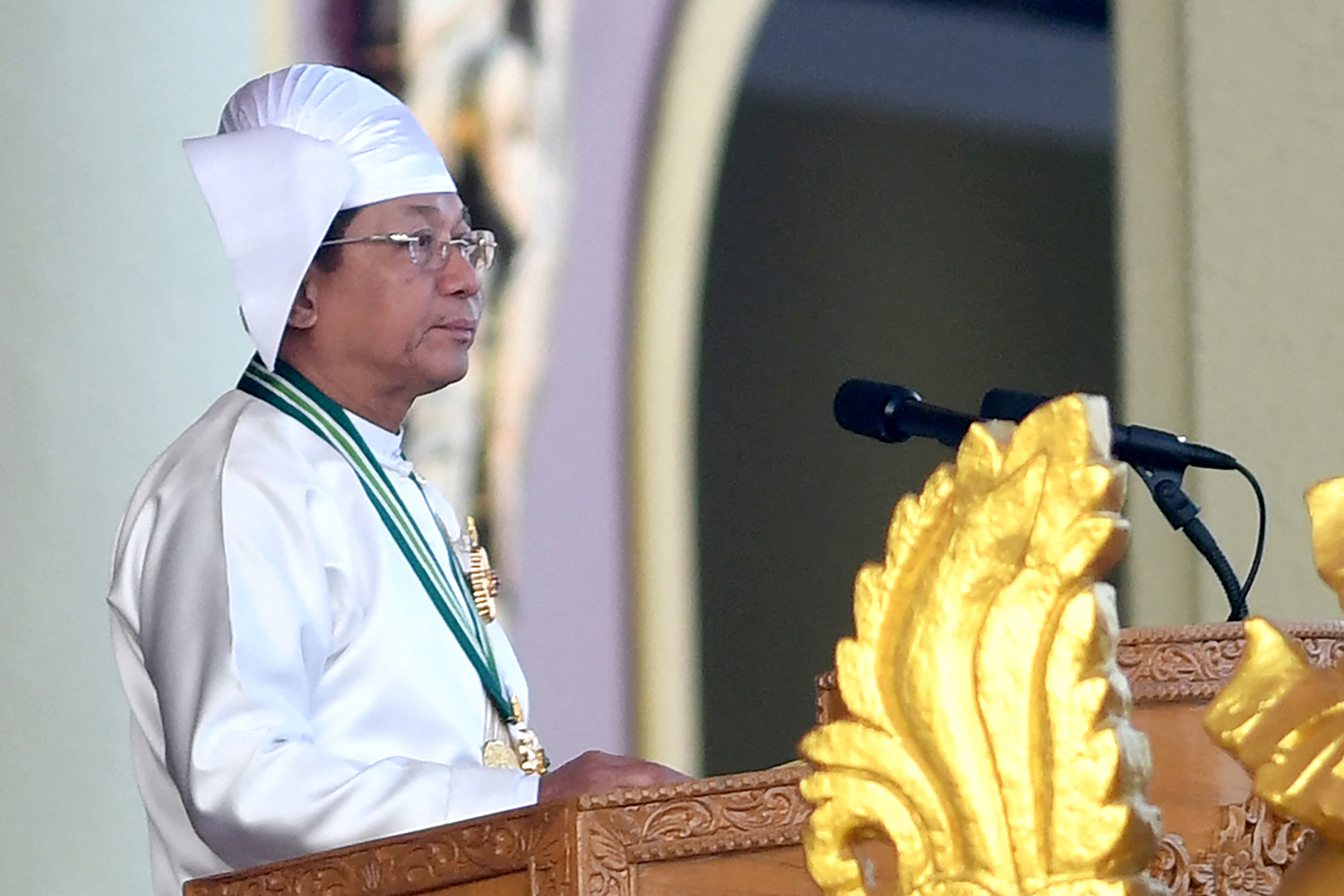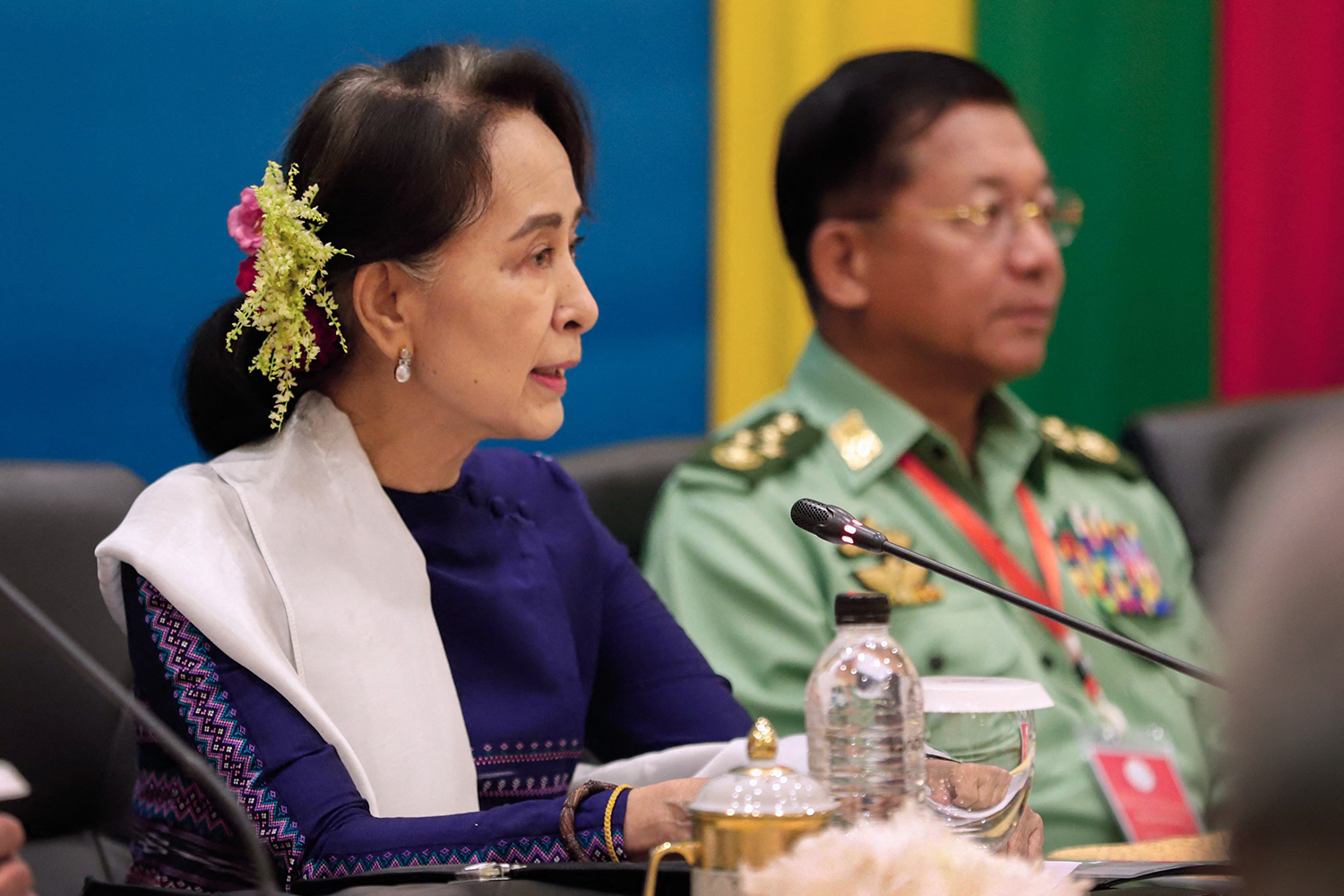State Counsellor Daw Aung San Suu Kyi has come under sharp criticism in an editorial in the New York Times lamenting the erosion of media freedom under the National League for Democracy government.
The editorial acknowledged that the Tatmadaw’s “continued dominance of the country” hampered Aung San Suu Kyi’s ability to move Myanmar forward despite the NLD’s control of parliament.
“But, while Myanmar is much freer since the end of military rule, her acquiescence to repressive measures against free expression is another indication that she is part of the problem,” says the editorial, published on August 10.
It referred to the surge in criminal defamation cases brought under section 66(d) of the Telecommunications Law since the NLD took office in late March 2016.
“The government is also silencing by criminalizing journalism,” it said, citing the case of the three journalists on trial in Shan State for breaching the 1908 Unlawful Associations Act.
Support more independent journalism like this. Sign up to be a Frontier member.
The editorial noted that the Hluttaw was considering amendments to the Telecommunications Law, including the granting of bail to those charged for breaching 66(d). “But this is tinkering around the edges of a law that should simply be scrapped,” it said.
“Despite the considerable power of the military, Ms. Aung San Suu Kyi needs to do and say more to support a truly free Myanmar. Protecting journalists and their work is a fundamental part of her job as Myanmar’s first democratic leader in decades,” the editorial said.


